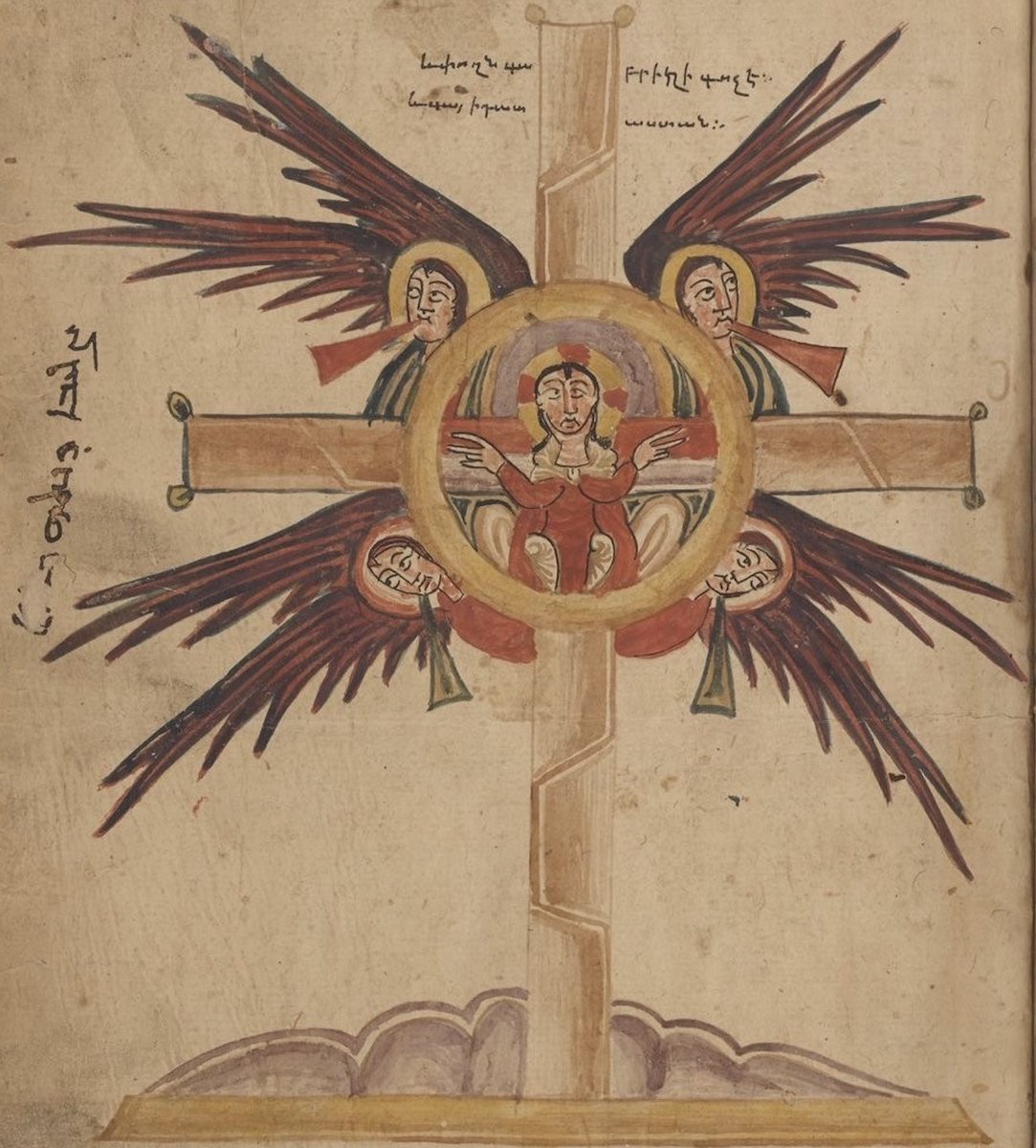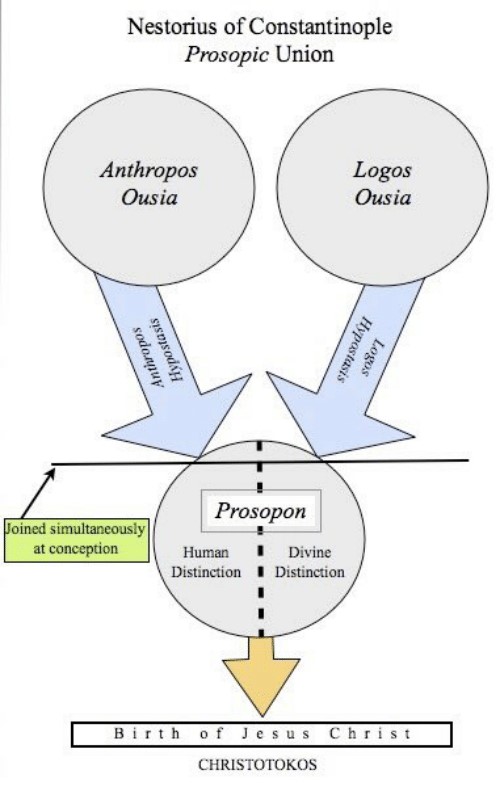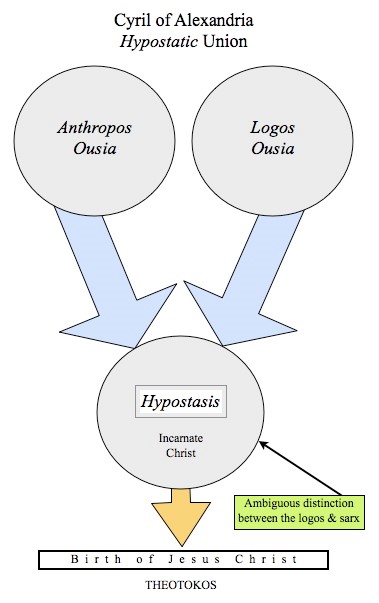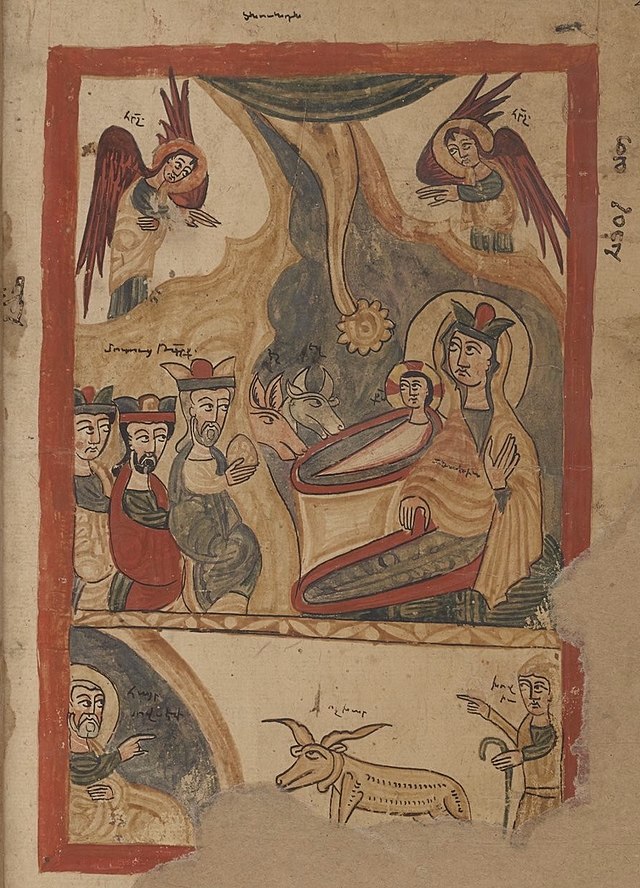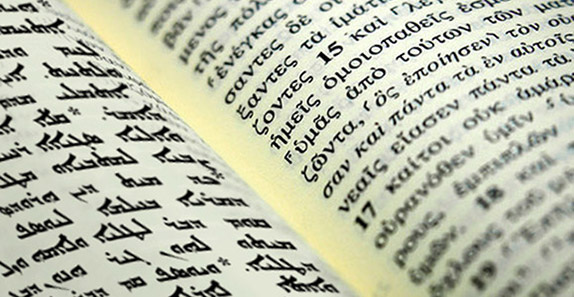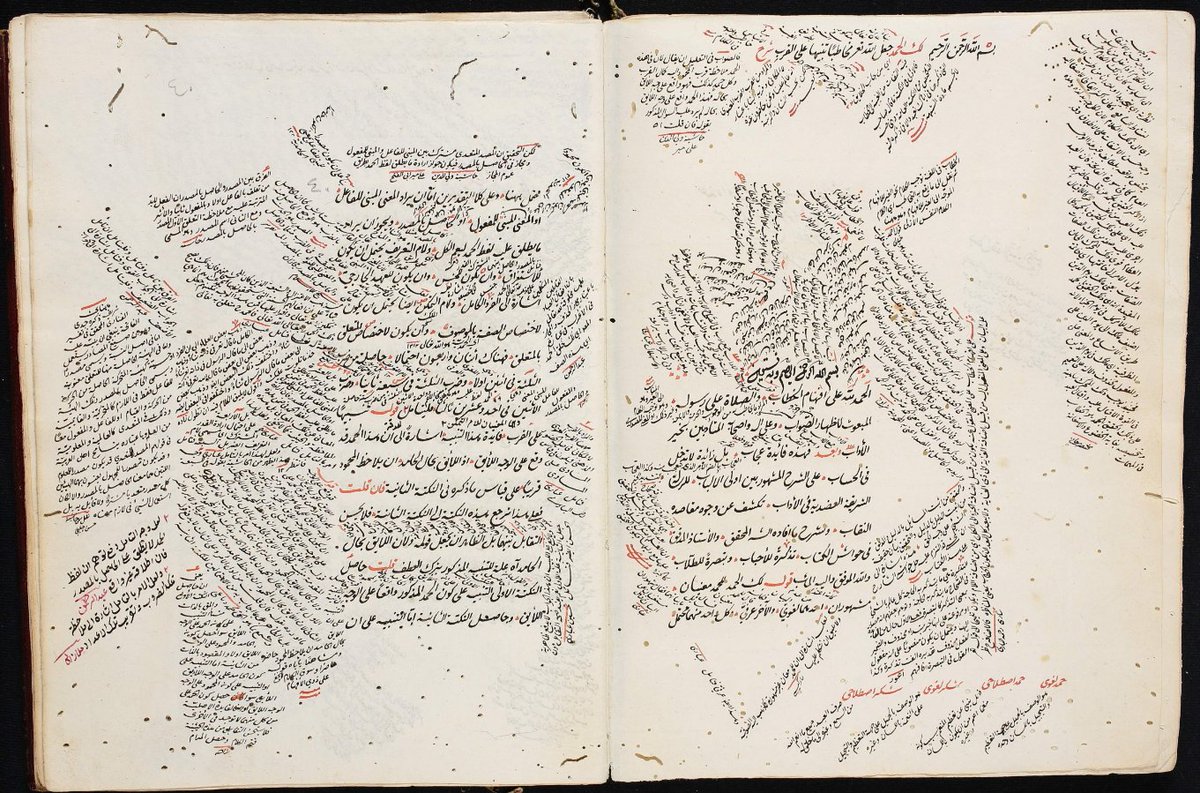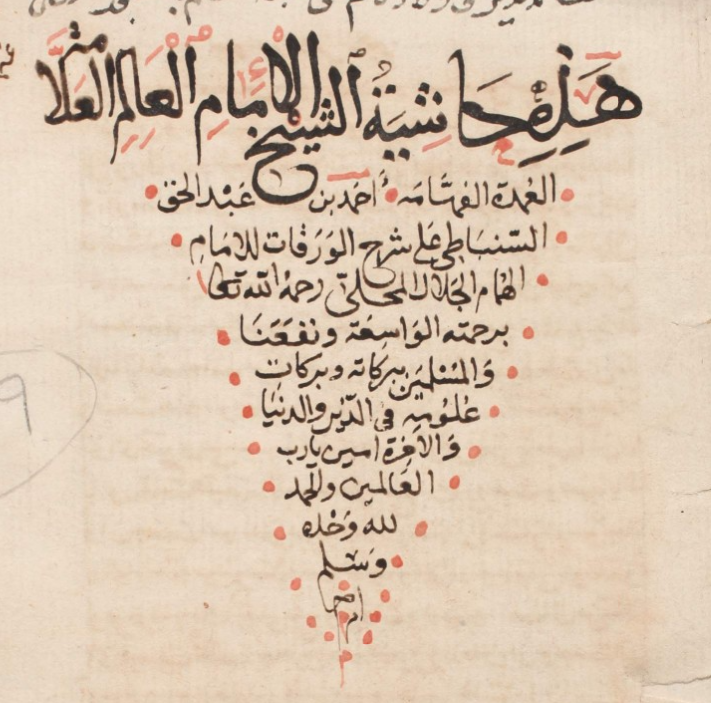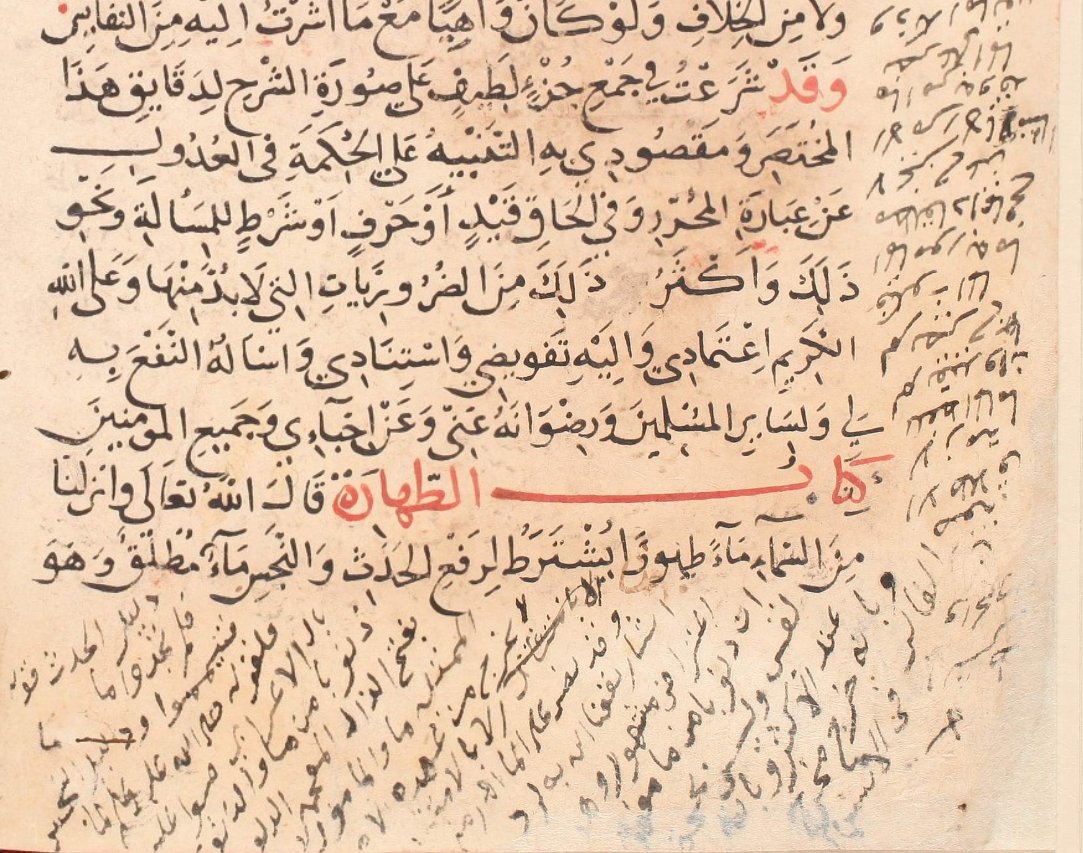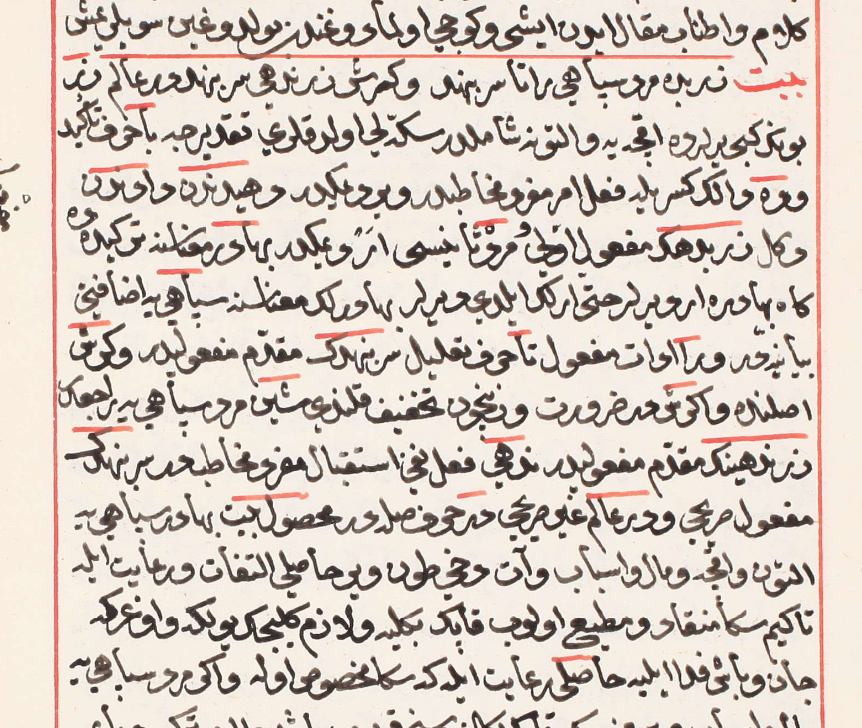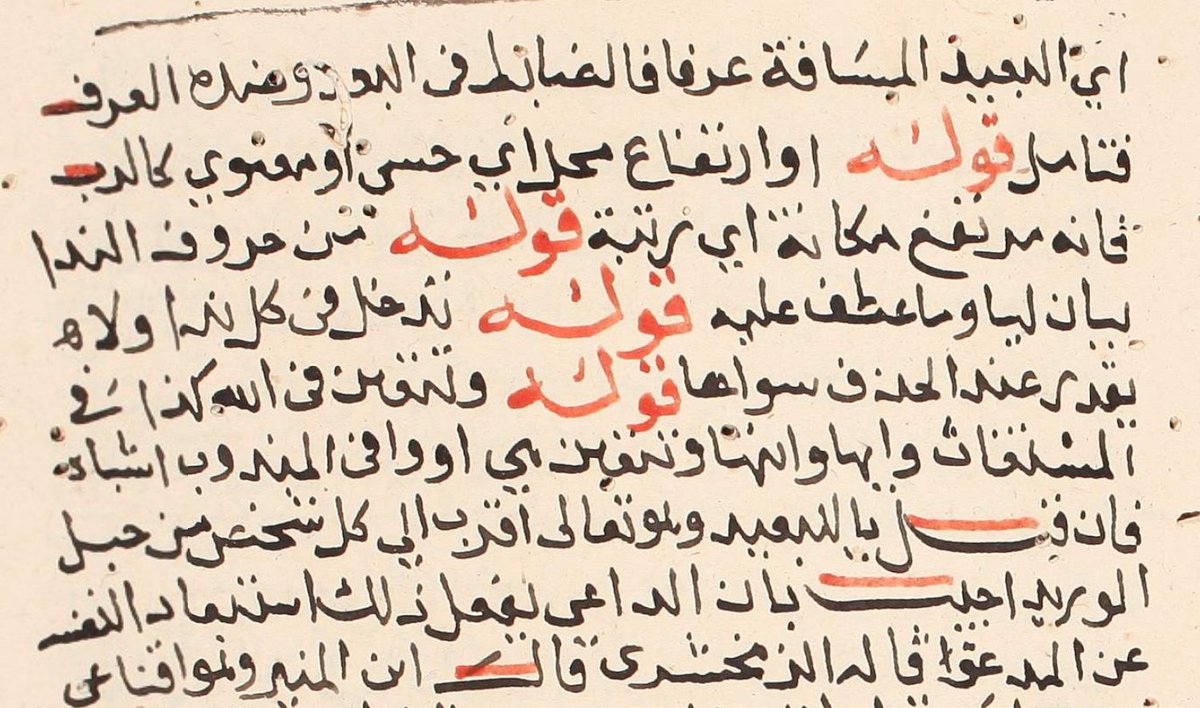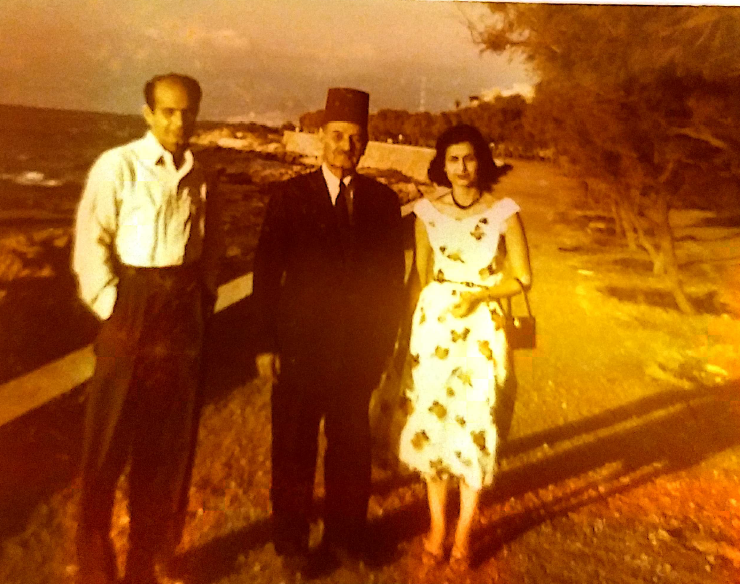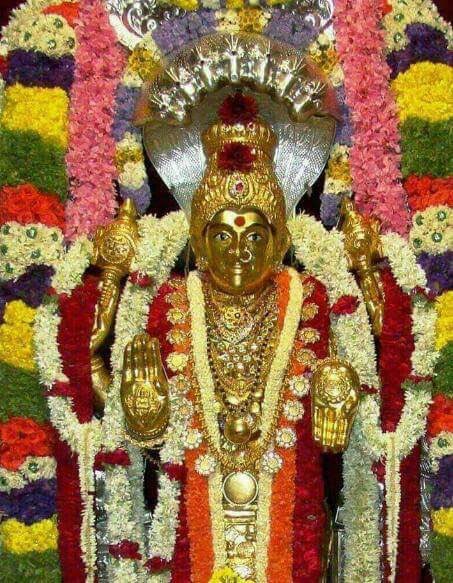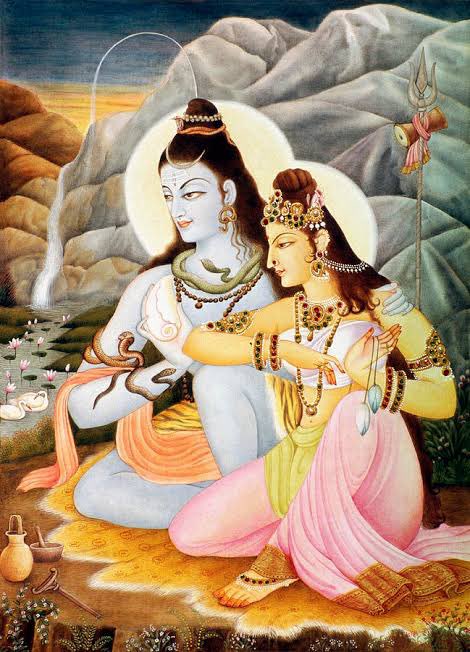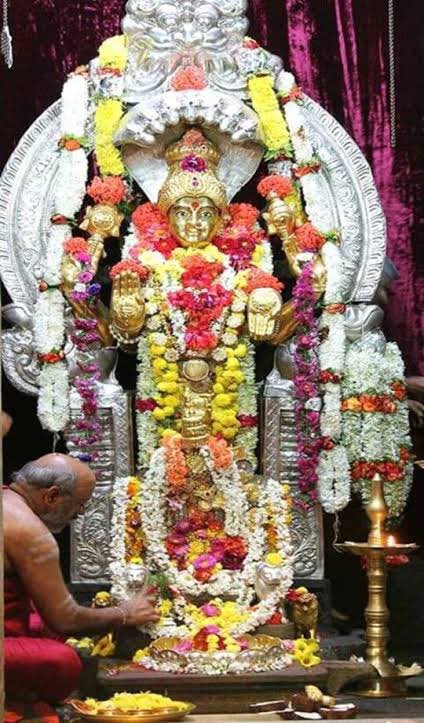
1 So, today we turn to early Islamic Beirut. what do we know of the earliest times of #Beirut under early Islamic rule, starting with the #conquest. How and when did Beirut enter the emerging Muslim empire? -rm
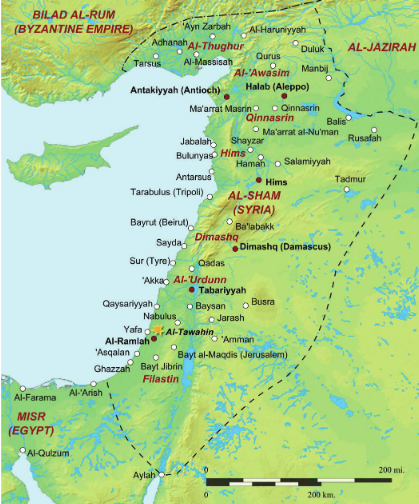

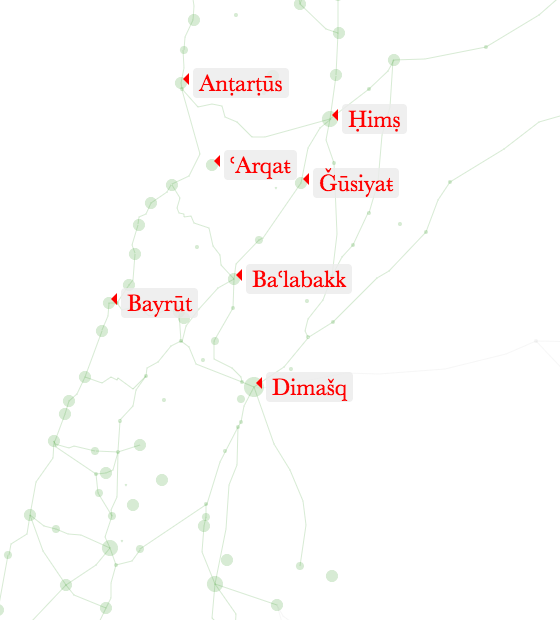
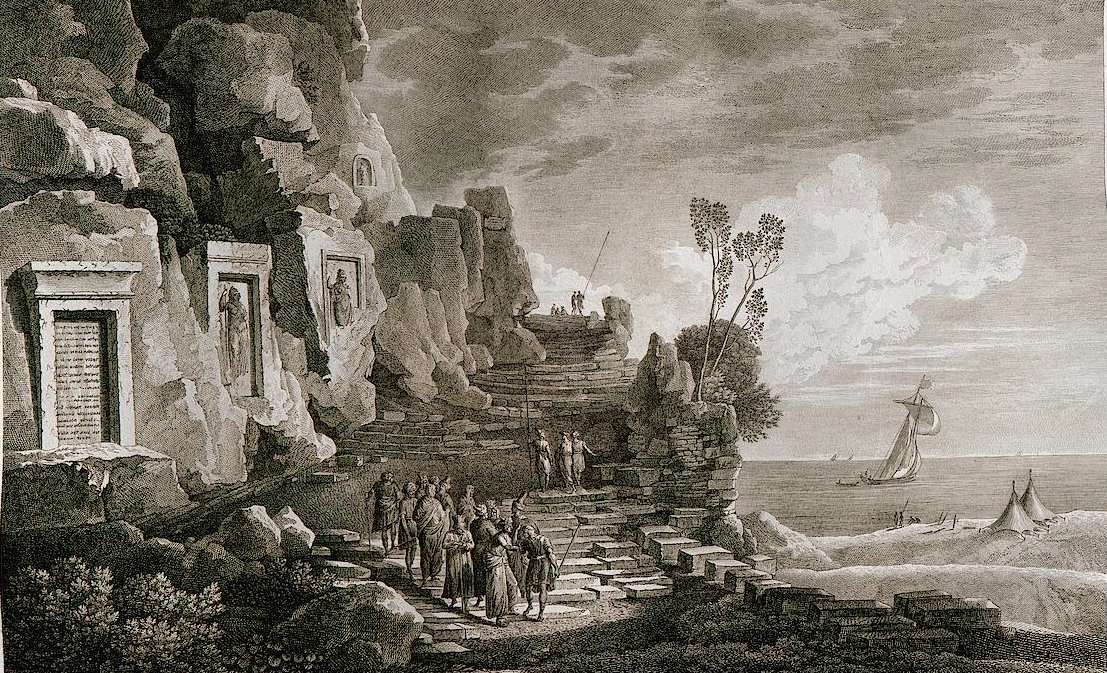
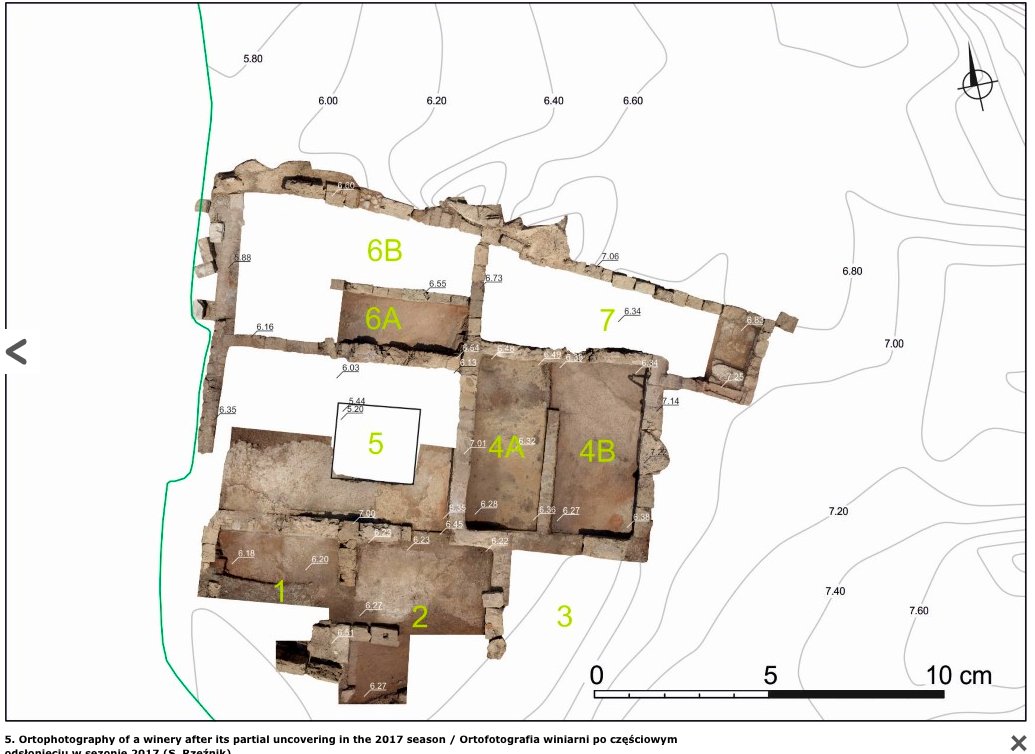
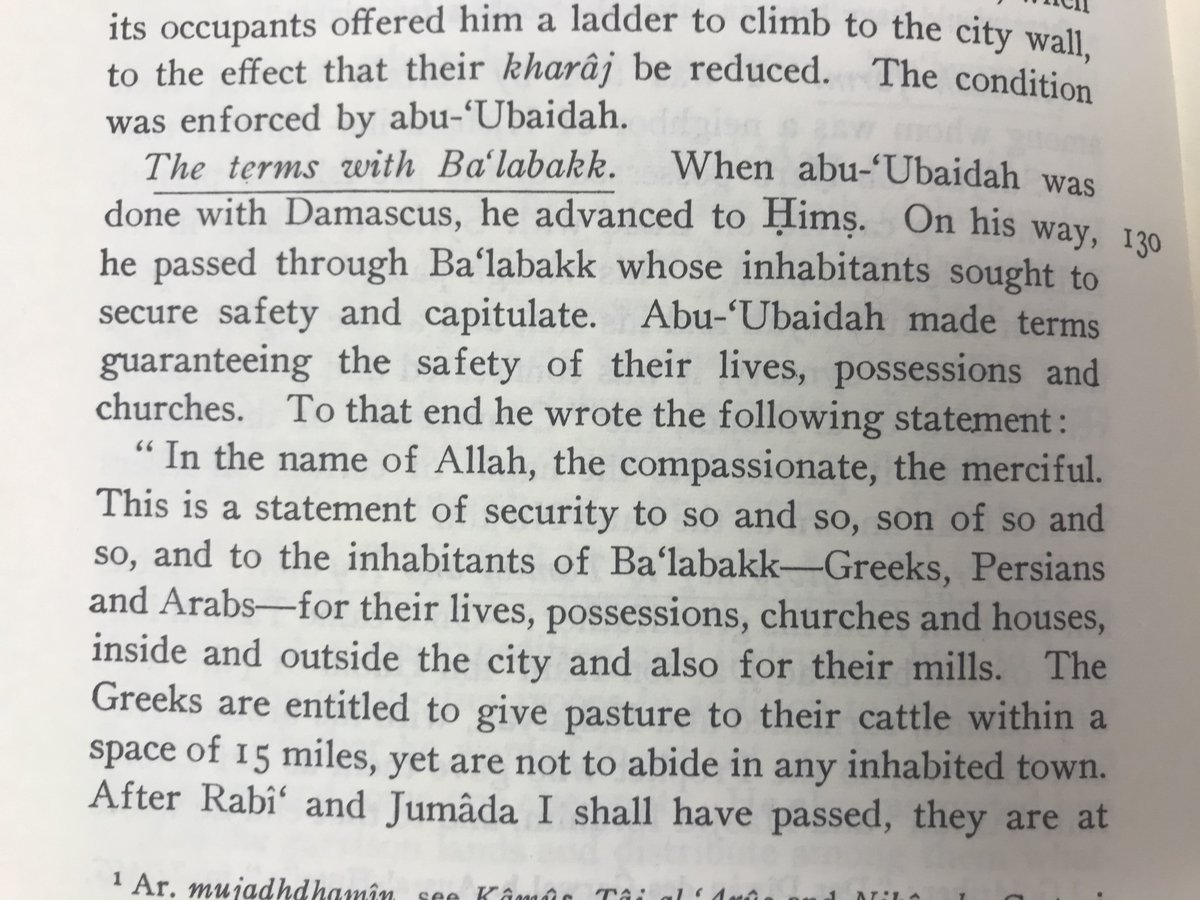
More from Tweeting Historians
I want to talk about the key textual elements you might find in an Islamic manuscript. I'll focus on this manuscript, roughly 18th century, of an Arabic history of the rulers of Egypt called Nuzhat al-nāẓirīn, by Marʻī al-Karmī (d. 1623/4).
Budeiry Library (Jerusalem) MS 593 -jm
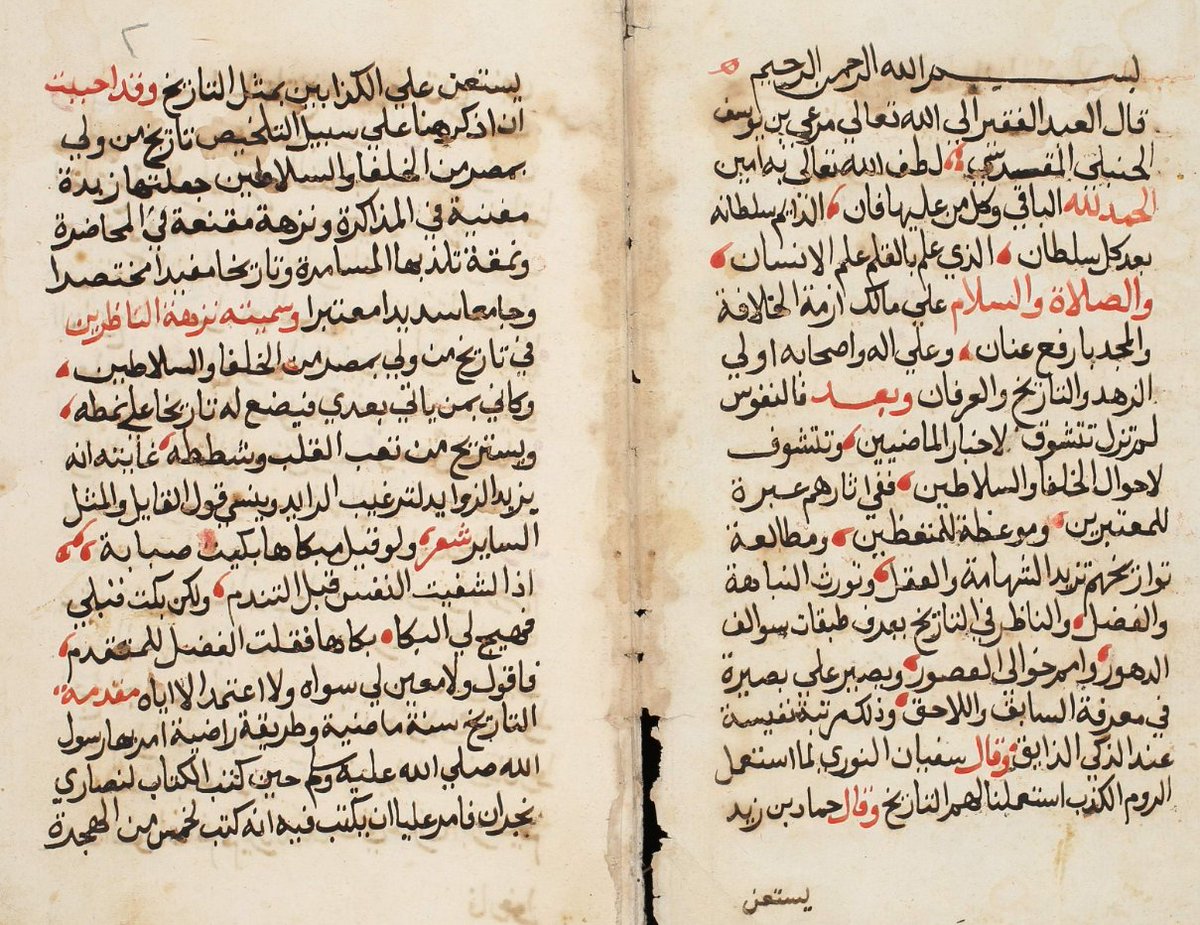
These texts have many elements designed to help the reader understand what they're saying, and choices by the scribe who copied the manuscript often help as well. Let's see what's here. -jm
First, almost every Islamic text begins with the invocation "in the name of God, the compassionate, the merciful." The wording is never changed, and it's always in Arabic, no matter what language the text is, although you might add phrases like "and we ask God for help." -jm
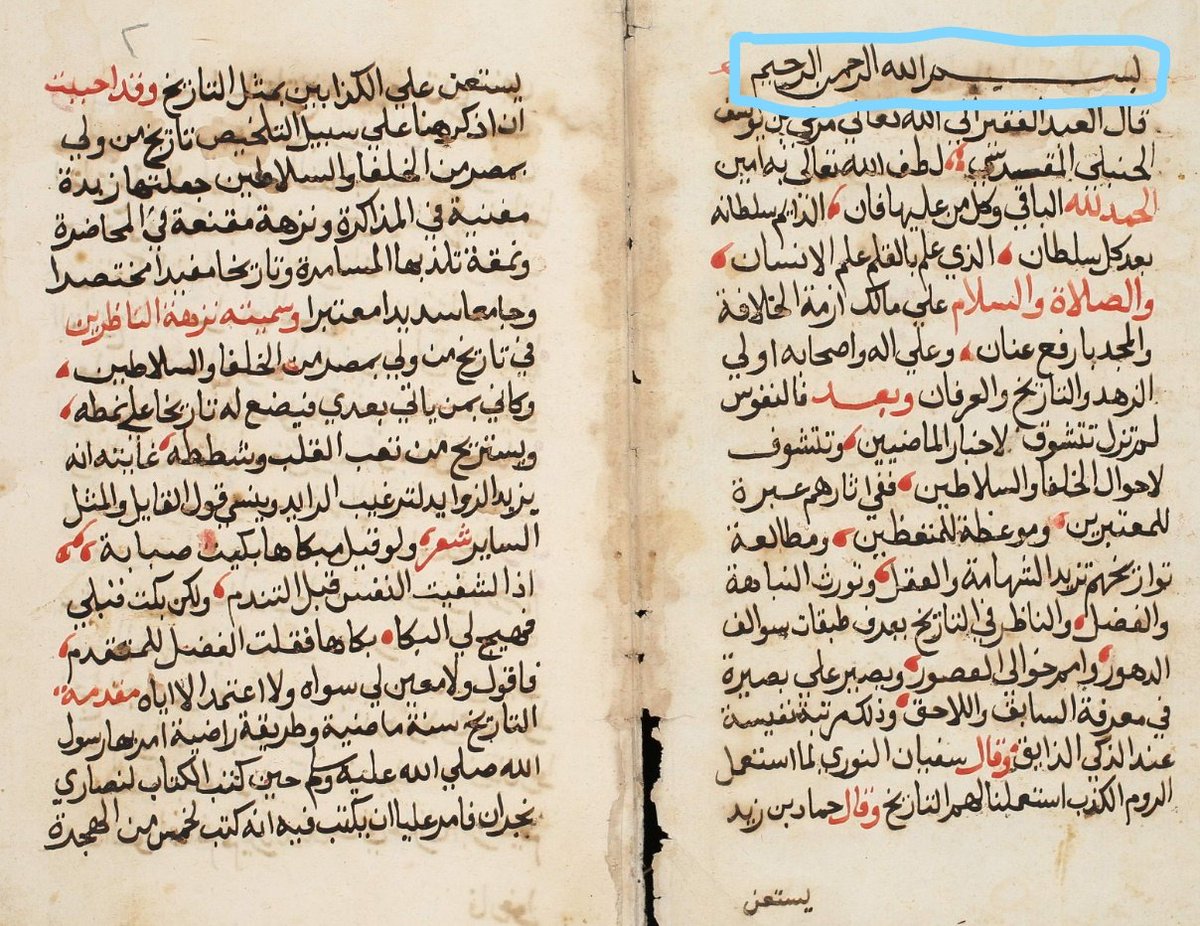
Christians were able to do more experimentation with their invocations, as you can see from the examples here. https://t.co/wEPWRitCWA -jm
After the invocation (basmalah), you might have what this text has, which is an introduction of the author in the form "the poor slave of God [so-and-so] said..." often followed by a quick prayer for the author. -jm
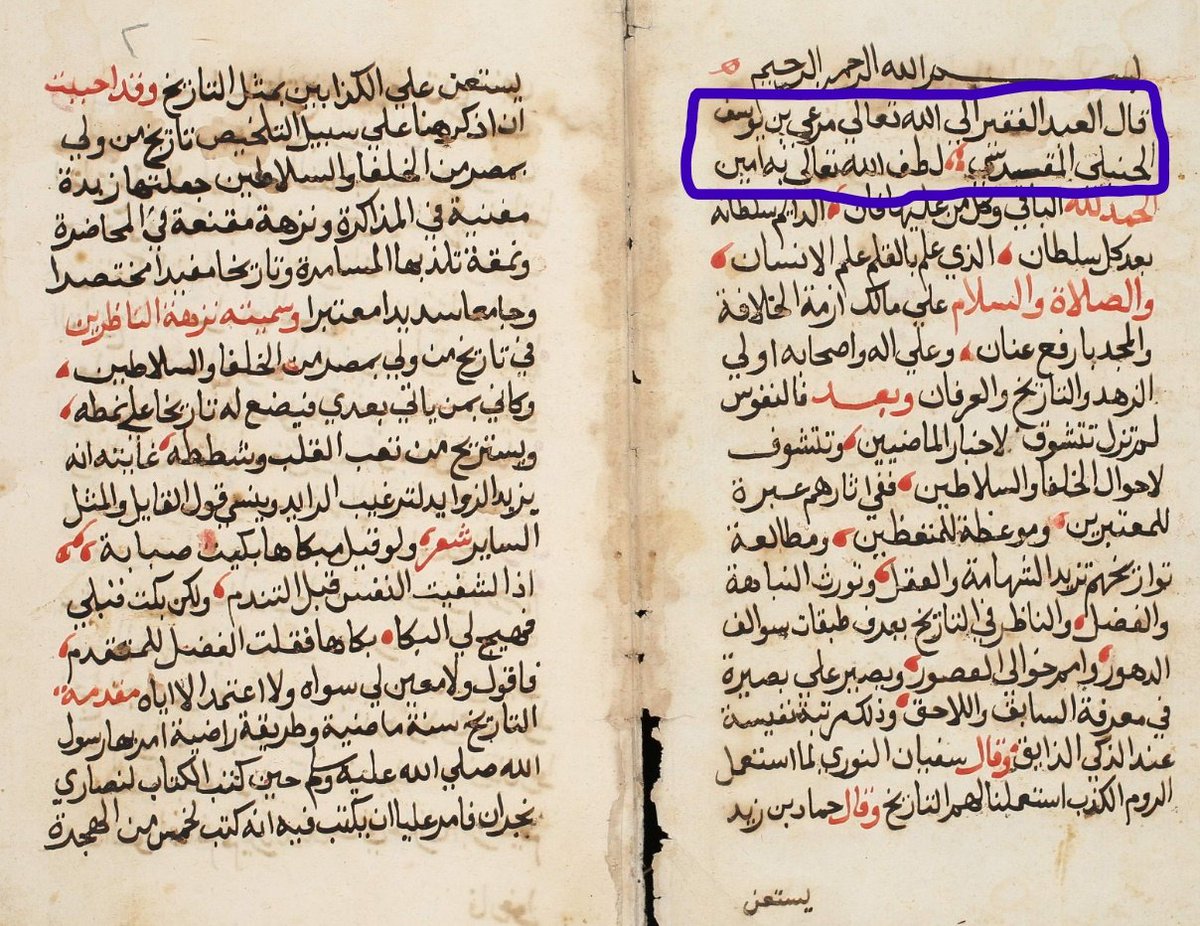
Budeiry Library (Jerusalem) MS 593 -jm

These texts have many elements designed to help the reader understand what they're saying, and choices by the scribe who copied the manuscript often help as well. Let's see what's here. -jm
First, almost every Islamic text begins with the invocation "in the name of God, the compassionate, the merciful." The wording is never changed, and it's always in Arabic, no matter what language the text is, although you might add phrases like "and we ask God for help." -jm

Christians were able to do more experimentation with their invocations, as you can see from the examples here. https://t.co/wEPWRitCWA -jm
These little prayers are fun pic.twitter.com/hJYk2M01bO
— Josh Mugler (@J_mugs) February 16, 2019
After the invocation (basmalah), you might have what this text has, which is an introduction of the author in the form "the poor slave of God [so-and-so] said..." often followed by a quick prayer for the author. -jm

More from World
With historical Data and explanations, I will want to DISAGREE with what you said here ma'am Or at Least Reframe what you said because what you said can be used to refer to a lot of scenarios.
Who are the "Citizens of Nigeria" you claim are not ready because they are...
(/1)
Not demanding good governance?.
If by this you mean the Vast majority of Nigerians that are in the lower class should demand for good governance, then I hope you know this can never be effective.
Why?
It is virtually impossible for the lower class citizens to gather and...
Demand for good governance. What do they know that they want to demand? The few among them that are "enlightened" will have their voices drown out by the many that are not. I hope you know that there will always be the ignorant, evil men (hired assassin, political thugs) and also
Good men, the proportion of good men to the ignorants and evil men in this social class is low. Therefore l, gathering to something meaningful will be low.
How will they even gather? Through elections? I also hope you know that the wicked political leaders will not just fold...
Their arms and not defend their rulership from being overthrown. They will surely sow misinformation, spread lies aimed at misleading the masses. This particular social class, that are also numerous will be easy to swallow such lies and cajoled. Buhari was sold to us as a...
Who are the "Citizens of Nigeria" you claim are not ready because they are...
(/1)
I will repeat it yet again.
— Oby Ezekwesili (@obyezeks) February 18, 2021
Citizens of Nigeria are not yet ready for Good Governance.
They absolutely enjoy and believe they deserve to be poorly governed.
The Politicians know this and dish Bad Governance in large doses to them.
When citizens are ready, it will end.\u270d\U0001f3fe
Not demanding good governance?.
If by this you mean the Vast majority of Nigerians that are in the lower class should demand for good governance, then I hope you know this can never be effective.
Why?
It is virtually impossible for the lower class citizens to gather and...
Demand for good governance. What do they know that they want to demand? The few among them that are "enlightened" will have their voices drown out by the many that are not. I hope you know that there will always be the ignorant, evil men (hired assassin, political thugs) and also
Good men, the proportion of good men to the ignorants and evil men in this social class is low. Therefore l, gathering to something meaningful will be low.
How will they even gather? Through elections? I also hope you know that the wicked political leaders will not just fold...
Their arms and not defend their rulership from being overthrown. They will surely sow misinformation, spread lies aimed at misleading the masses. This particular social class, that are also numerous will be easy to swallow such lies and cajoled. Buhari was sold to us as a...
You May Also Like
ARE WE FAMILIAR WITH THE MEANING & POWER OF MANTRAS WE CHANT?
Whenever we chant a Mantra in Sanskrit, it starts with 'Om' and mostly ends with 'Swaha' or 'Namaha'. This specific alignment of words has a specific meaning to it which is explained in Dharma Shastra.
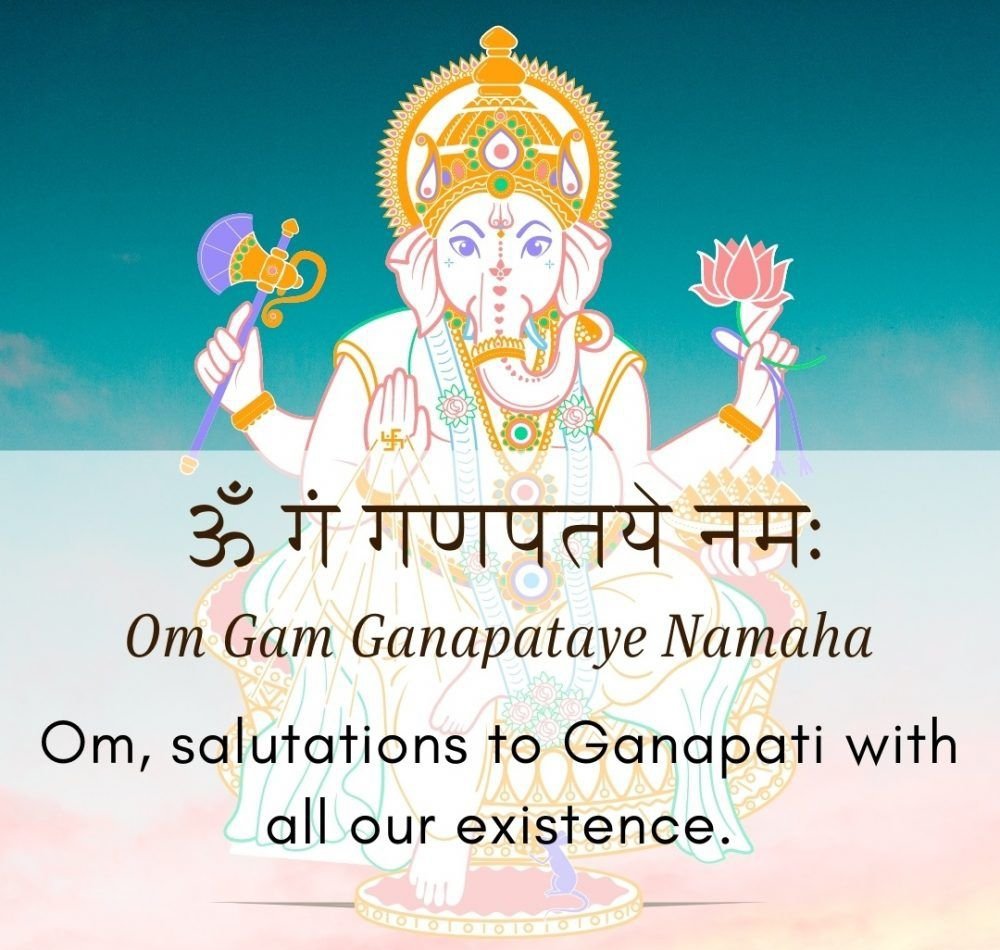
Mantra is a Sanskrit word meaning sacred syllable or sacred word. But Mantras r not just words put together,they r also vibrations.The whole Universe is a cosmic energy in different states of vibration &this energy in different states of vibration forms the objects of Universe.
According to Scriptures,Om is considered to be ekaakshar Brahman,which means Om is the ruler of 3 properties of creator,preserver&destroyer which make the https://t.co/lyhkWeCdtv is also seen as a symbol of Lord Ganesha, as when starting the prayer,it's him who is worshipped 1st.

'Om' is the sound of the Universe. It's the first original vibration of the nothingness through which manifested the whole Cosmos. It represents the birth, death and rebirth process. Chanting 'Om' brings us into harmonic resonance with the Universe. It is a scientific fact.
Therefore, Mantras are described as vibrational words that are recited, spoken or sung and are invoked towards attaining some very specific results. They make very specific sounds at a frequency that conveys a directive into our subconcious.
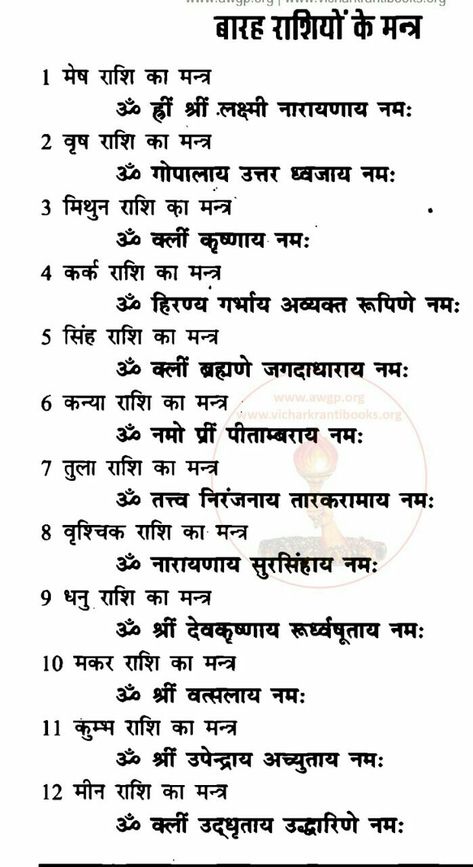
Whenever we chant a Mantra in Sanskrit, it starts with 'Om' and mostly ends with 'Swaha' or 'Namaha'. This specific alignment of words has a specific meaning to it which is explained in Dharma Shastra.

Mantra is a Sanskrit word meaning sacred syllable or sacred word. But Mantras r not just words put together,they r also vibrations.The whole Universe is a cosmic energy in different states of vibration &this energy in different states of vibration forms the objects of Universe.
According to Scriptures,Om is considered to be ekaakshar Brahman,which means Om is the ruler of 3 properties of creator,preserver&destroyer which make the https://t.co/lyhkWeCdtv is also seen as a symbol of Lord Ganesha, as when starting the prayer,it's him who is worshipped 1st.

'Om' is the sound of the Universe. It's the first original vibration of the nothingness through which manifested the whole Cosmos. It represents the birth, death and rebirth process. Chanting 'Om' brings us into harmonic resonance with the Universe. It is a scientific fact.
Therefore, Mantras are described as vibrational words that are recited, spoken or sung and are invoked towards attaining some very specific results. They make very specific sounds at a frequency that conveys a directive into our subconcious.



